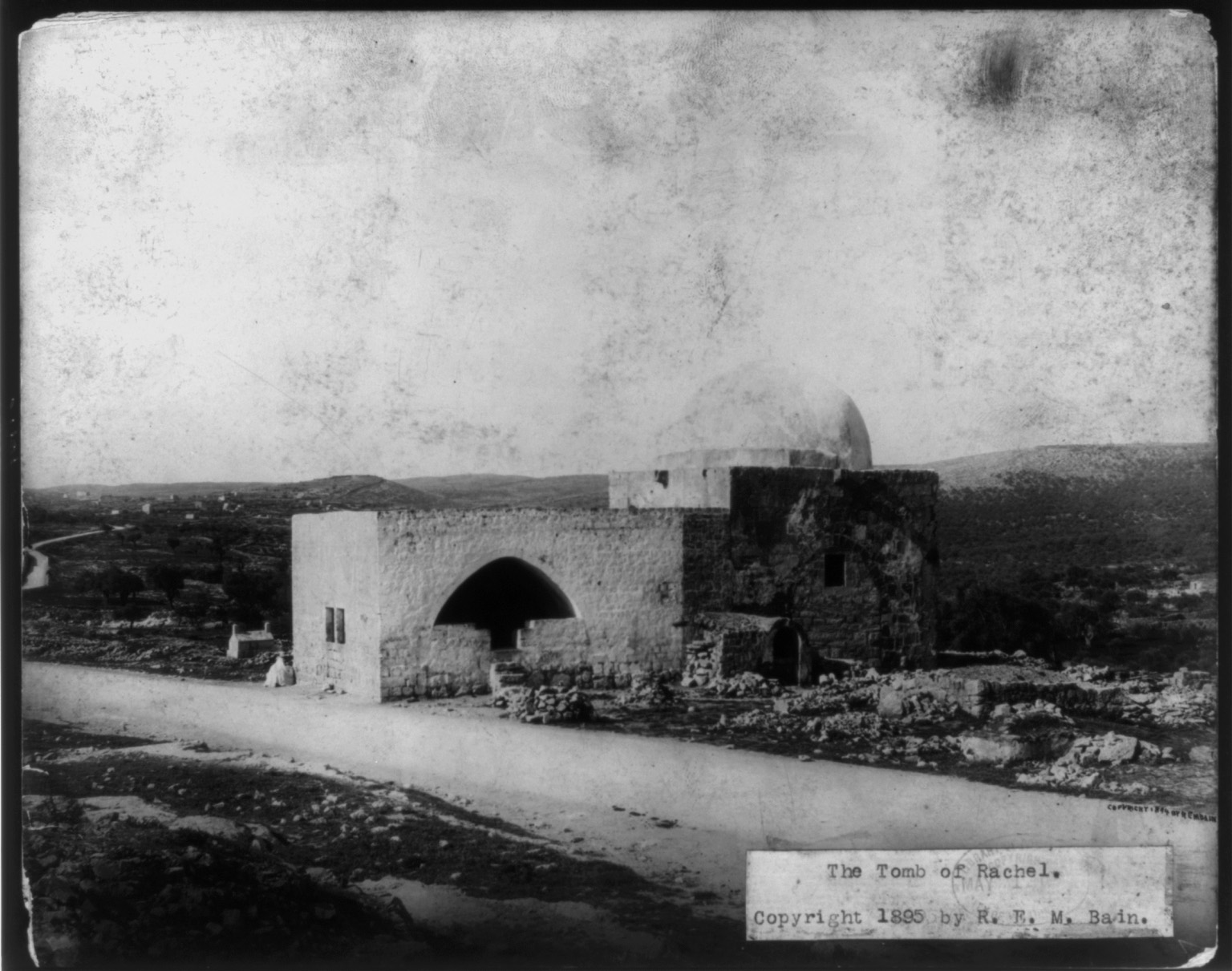The politics of sacred places in the middle east (Prof. Dr. Nurit Stadler)
Blockveranstaltung in englischer Sprache im Herbstsemester 2025: 01.-05.09.2025
Dozentin
Beschreibung
Sacred spaces and their associated rituals hold profound significance in human societies, functioning as focal points of cultural identity, collective memory, and the perception of space and landscape. From communal ceremonies to individual acts of devotion, these practices transcend temporal and geographic boundaries, reflecting shared human aspirations for meaning, structure, belonging, and transcendence. This interdisciplinary course examines the intricate relationship between rituals and sacred spaces, exploring their roles in shaping cultural belonging, mythology, and territoriality. Through a combination of lectures, readings, and visual media, we will critically engage with classical anthropological theories on rituals and analyze a range of case studies. The course includes ethnographic readings and film screenings, and offers an anthropological perspective on sacred spaces, pilgrimage sites, holy sculptures, and tombs of saints. We will explore these spaces within their historical, cultural, and religious contexts, tracing their evolution and examining their broader sociopolitical implications. Special attention will be given to case studies, including the pilgrimage to Mecca, regional traditions like Tunisian sacred sites, and sacred places in Jerusalem and the Holy Land. This approach will enable a deeper understanding of the ways sacred spaces mediate relationships between people, politics, and the sacred.
